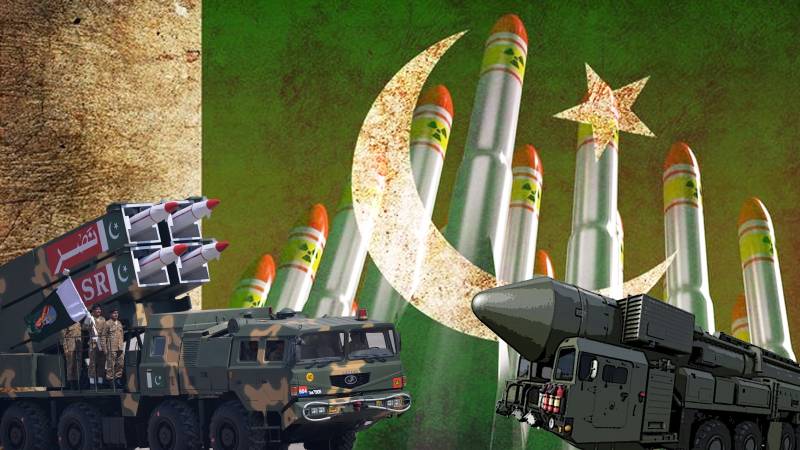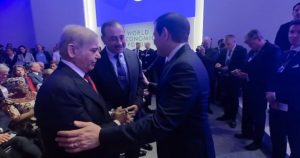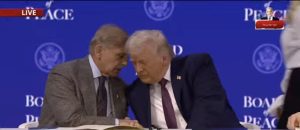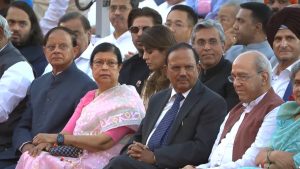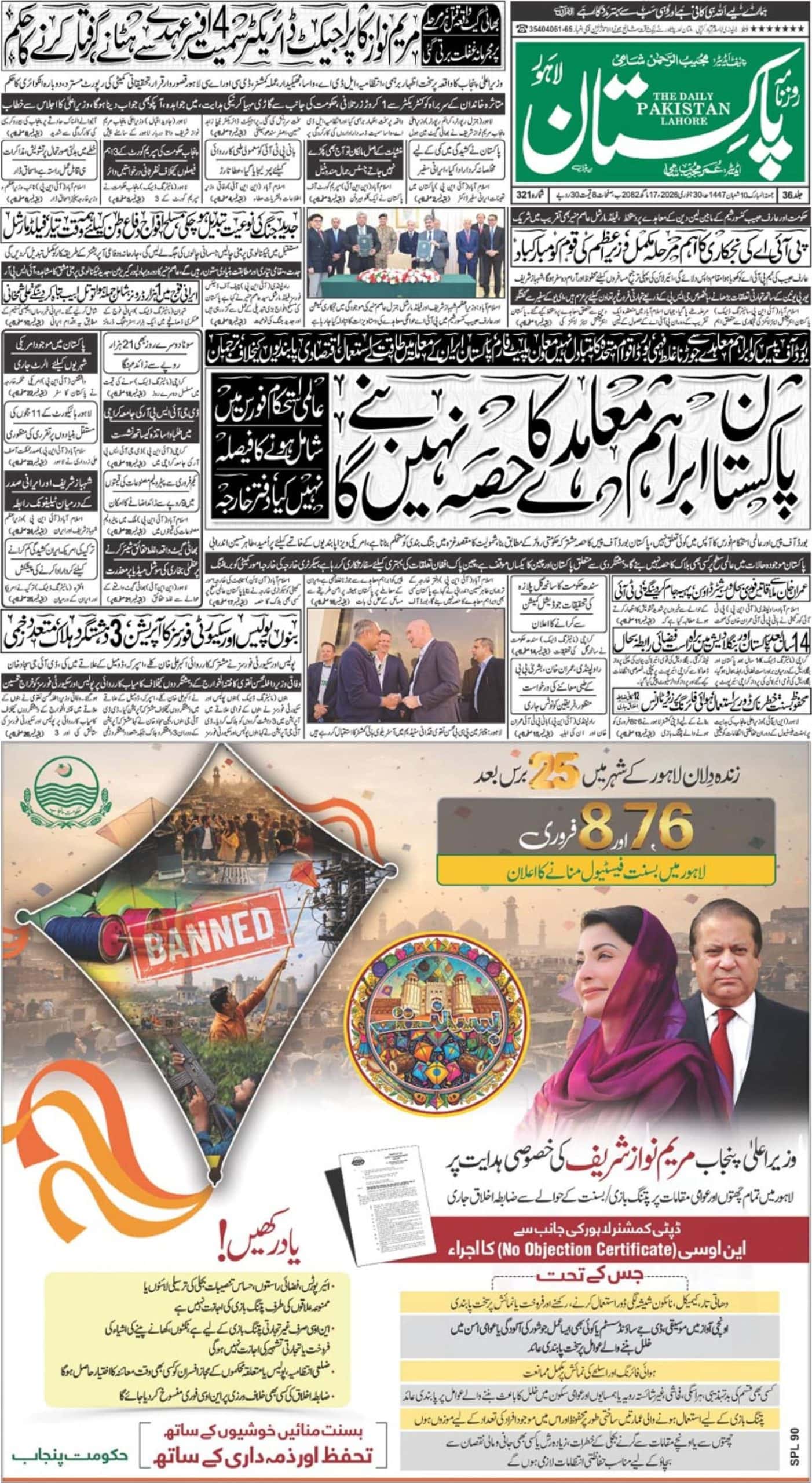Across Pakistan’s business community this week, there is a palpable sense of relief, a collective exhalation after years of holding one’s breath. The new directive from the Federal Board of Revenue is far more than a simple procedural change; it is, in my considered view, the clearest signal yet of a profound strategic realignment within the state. We are witnessing the emergence of a new national doctrine: one that posits economic security as an indispensable and integral component of national security itself.
This shift is not a matter of conjecture. Still, it is evidenced by a clear pattern of decisive action, spearheaded by a military establishment that has correctly identified economic revival as a paramount national interest. This new thinking is not abstract; its impact is tangible. For anyone attempting to run a business, or indeed a household, the past few years have been a bruising lesson in the perils of economic volatility. The recent clampdown on illegal smuggling and currency hoarding was, therefore, no mere footnote in a crime gazette; it was a financial lifeline. It pulled the rupee back from the precipice, providing the critical stability we have been so desperate for and allowing businesses, at last, to plan without the constant fear of collapse.
This intervention is not an isolated incident. It is part of a calculated series of steps which includes concerted efforts to rationalise punishing power tariffs and, now most significantly, this crucial revision of the FBR’s authority. These are coordinated manoeuvres in a broader campaign to build a resilient economy, demonstrating an unshakeable view from the establishment that a nation’s strength is inextricably linked to its economic well-being.
The necessity for this FBR reform was brought into sharp focus by the tensions surrounding the Finance Act 2025. Its provisions granted the FBR such sweeping powers that many of us feared they would be used not as a surgical tool against tax evasion, but as a blunt instrument, creating a climate of fear rather than one of willing compliance.
This sentiment precipitated a high-level intervention. The leadership of the Federation of Pakistan Chambers of Commerce and Industry (FPCCI) presented its case directly to the state leadership. The pivotal audience with Field Marshal Asim Munir proved instrumental. Our argument was direct: sustainable growth cannot be built upon a foundation of mistrust. This resonated precisely because it aligned with the establishment’s own strategic conclusion—that a secure nation requires a secure economy.
The resulting directive is a masterclass in governance. It establishes a multi-layered framework for tax investigations, requiring approvals at both regional and federal levels. Its most transformative element, however, is the formal integration of the private sector into this process. The mandatory consultation with nominated business representatives embeds a peer-review concept directly into the state’s enforcement apparatus, compelling tax authorities to build a case robust enough to withstand expert scrutiny.
For years, Pakistan’s story in global boardrooms was one of a punitive, unpredictable tax environment that deterred investment. This reform fundamentally begins to rewrite that narrative. It fosters the fairness and predictability that all capital craves, signalling a move away from coercion and towards cooperation. It marks a transition in how the state views its entrepreneurs: not as a resource to be endlessly squeezed, but as indispensable partners in national development.
Naturally, the success of this initiative will be determined by its faithful implementation. Yet, the formal codification of this new partnership is an unambiguous step in the right direction. It is a mature and vital evolution in governance and, for a nation at a critical economic crossroads, it is a most welcome course correction.

